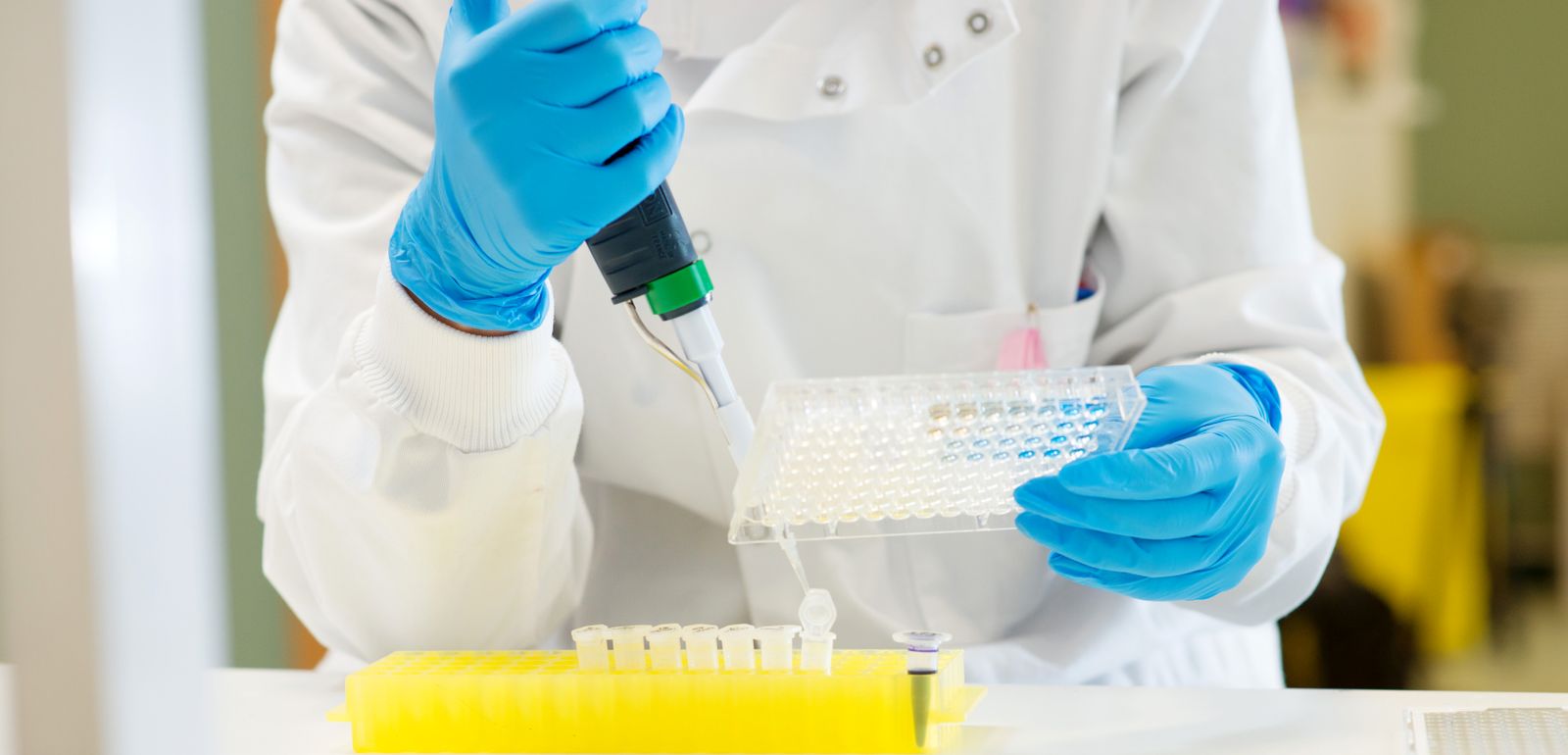Men with prostate cancer could benefit from new radiotherapy techniques
Early results from an innovative new clinical trial led by researchers from Queen’s University Belfast have shown that men with prostate cancer could benefit from radical radiotherapy that delivers treatment in just five visits.

The leading edge ‘SPORT trial’ (A Study Evaluating Stereotactic Prostate Radiotherapy in High-Risk Localised Prostate Cancer) is the first if its kind in the UK and uses an advanced treatment called ‘SABR’ (Stereotactic Ablative Body Radiotherapy). SABR is highly accurate in targeting certain cancers and delivers large doses per treatment, allowing men to have their full course of radiotherapy in only five hospital visits instead of the typical 37.
In addition, patients in the study have SpaceOAR, a minimally invasive hydrogel technology, inserted prior to radiotherapy treatment. In previous studies, SpaceOAR has been shown to significantly decrease unwanted radiotherapy side effects for patients.
The trial is led by Dr Suneil Jain, Clinical Reader at Queen’s University Belfast and senior oncologist at Friends of the Cancer Centre alongside Dr Ciaran Fairmichael, Clinical Research Fellow at Queen’s University Belfast. Dr Fairmichael explains: “One of the complications from using radiotherapy is the potential damage that can be inflicted on neighbouring tissues.
“In this trial, we are evaluating the performance of the SpaceOAR hydrogel which is inserted between the prostate gland and the rectum of the patient. This creates a greater distance between the prostate tumour and other tissues, which allows us to concentrate the radiotherapy dosage provided to the tumour and thus reducing the chance of radiation harming other tissues close to the tumour such as the bowel.”
Mr Gordon Robinson, aged 70, took part in the trial. He said: “If it wasn’t for this research, I simply would not be here. My family and I are so thankful to the doctors who have helped us. This treatment has allowed me to live my life again."
Using the new hydrogel allows clinicians to treat the prostate with a higher dose of radiation, potentially without increasing the risk of side-effects, including impotence, bowel and bladder problems.
Mr Robinson continues: “Taking part in this trial meant I was offered a high-dose five treatment course instead of enduring two months of treatment. The treatment was really successful in getting rid of my tumour.
“I knew about the side effects of treatment, and they really frightened me, but this trial meant I had very little discomfort or complications and can return to normal life, for that I am very grateful.”
The preliminary results from the first patients treated in the trial with SpaceOAR and SABR have recently been published in the British Journal of Radiology.
The trial is still open and in the future there are hopes to be able to offer this treatment to a wider range of men.
The SPORT study is conducted in collaboration with the Northern Ireland Cancer Centre and is being supported/funded by Friends of the Cancer Centre and Augmenix UK Ltd. Queen’s University Belfast is a Prostate Cancer UK/Movember Foundation Centre of Excellence.
Media
Media inquiries to Sian Devlin, Communications Officer at Queen’s University Belfast at s.devlin@qub.ac.uk or tel: 028 9097 5840.